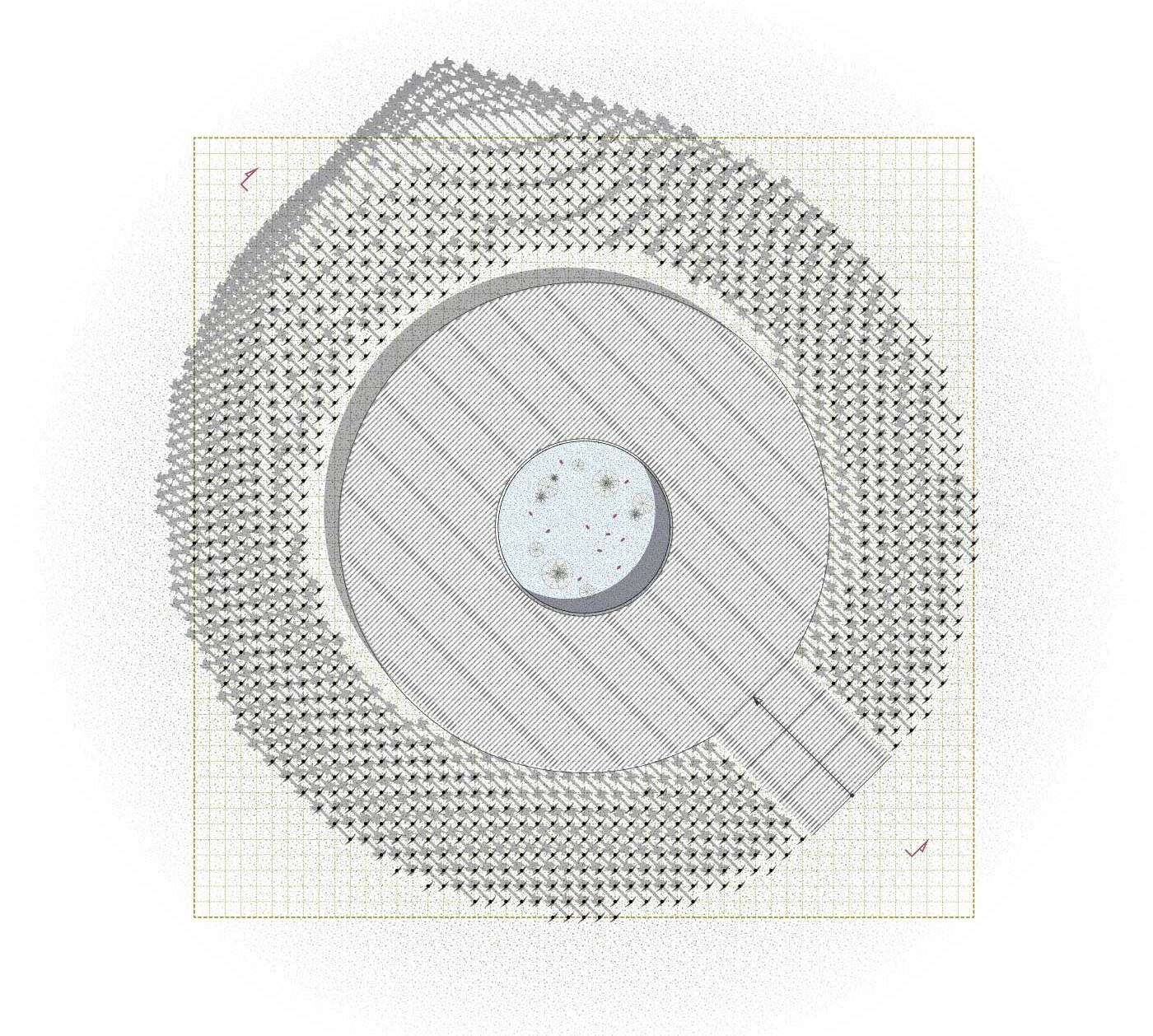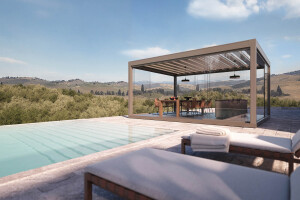Locus Amoenus is an interactive installation consisting of three components: the Field, the Pinwheel Gardenand the Patio.
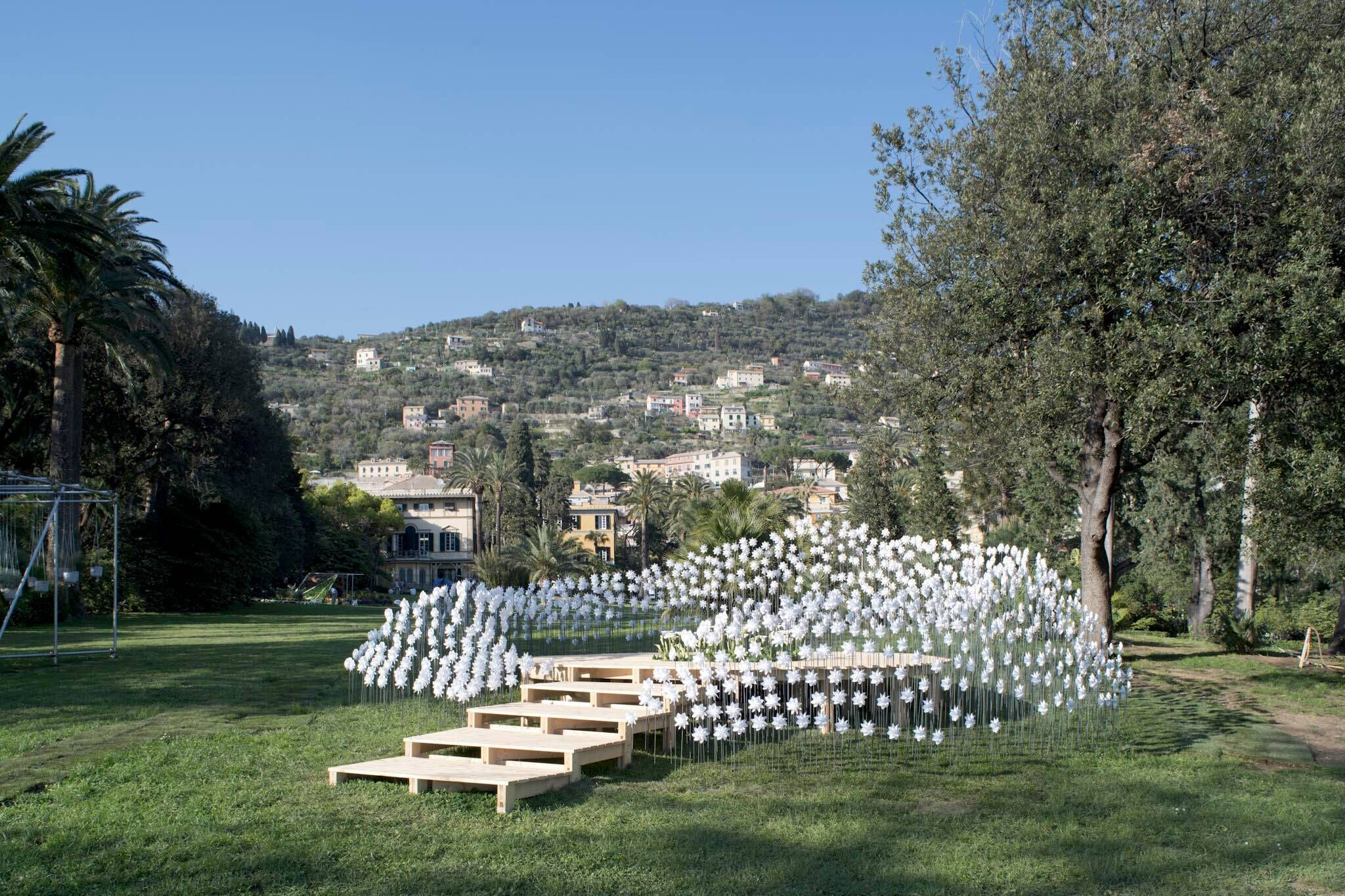
The Field consists of the entire surface on which the installation takes place, thus becoming a crucial underlying element. The referenced surface here are the parks of Nervi with their specific vegetation and morphology, which are highlighted and left free in their singularity.The Pinwheel Garden, consists of 1200 white vertical elements, with heights ranging from 60cm to 250cm and arranged on a 20x20cm grid. As the name suggests, pinwheels on the highest extremities characterize these elements. The intention is to recall the imaginary of the ornamental garden, through the abstraction of flowers into these white elements and the stylization of the pinwheel.
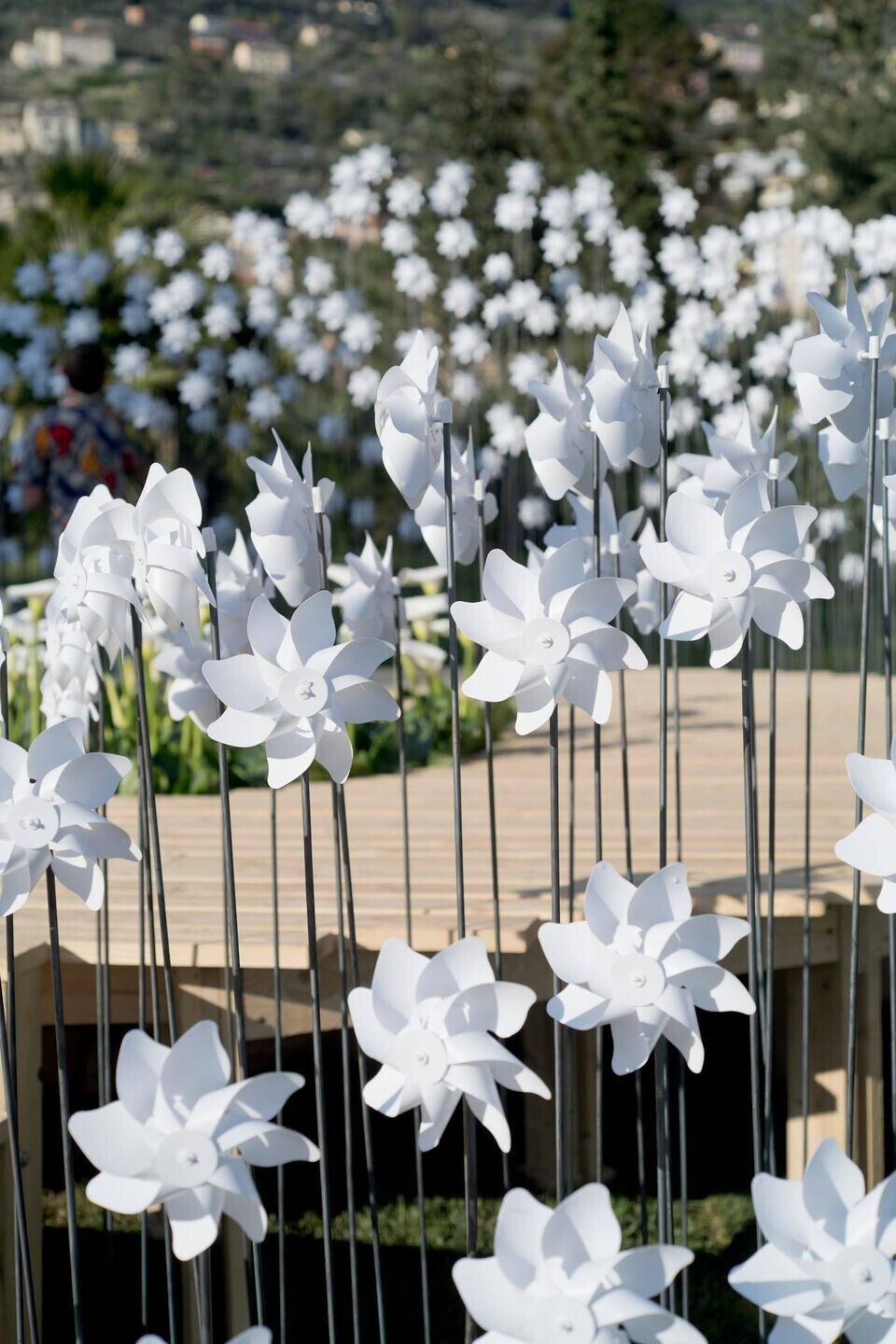
The Patio is made up of a circular, wooden platform, emptied in the center and spaced about 45cm from the ground. It is accessible to visitors and used both as a raised walkway and as a seat along the perimeter, confirming its centrality assumed by the existing turf. The circular Patio recalls the Bassin element derived from the baroque tradition of green design, intended as a hub, a point of reference and meeting place for garden guests. It is precisely the water that appears at the center of the Patio that constitutes the physical and conceptual barycenter of the installation: the placement of a pool inhabited by water lilies and goldfish preserves its social role as a catalyst of events and closes the conceptual circle of analogies and correspondences.
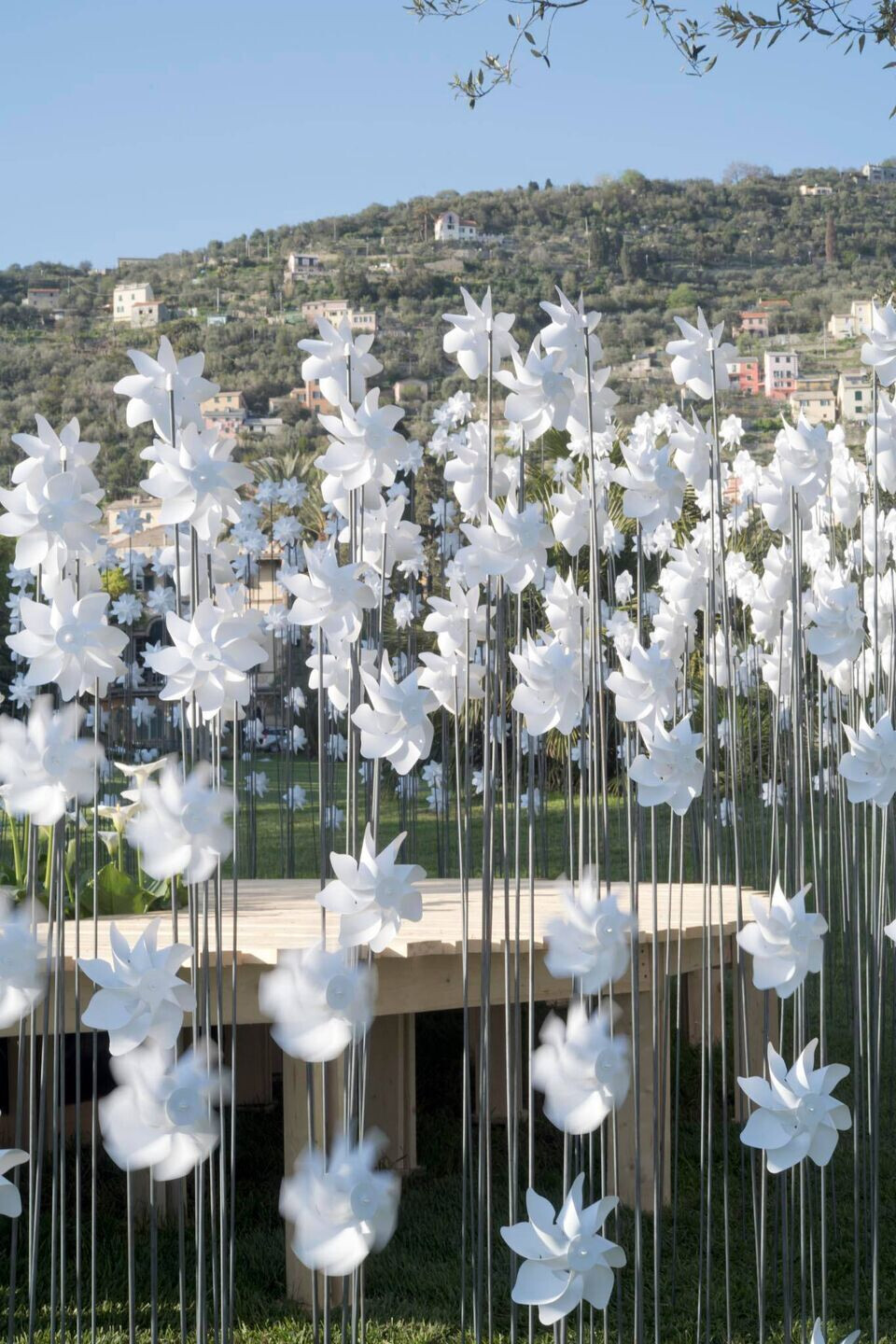
The water leads to a lacustrine theme, becoming the conceptual link between the Garden and the Patio. The Garden, also intended as a reed bed capable of reacting to the wind through the pinwheel and oscillation of the stem, recalls a collective gathering along the Patio. The desire for interaction between the visitors and the installation allows the project to overcome a position of mere passive contemplation, and pushes towards new meanings of social convergence.
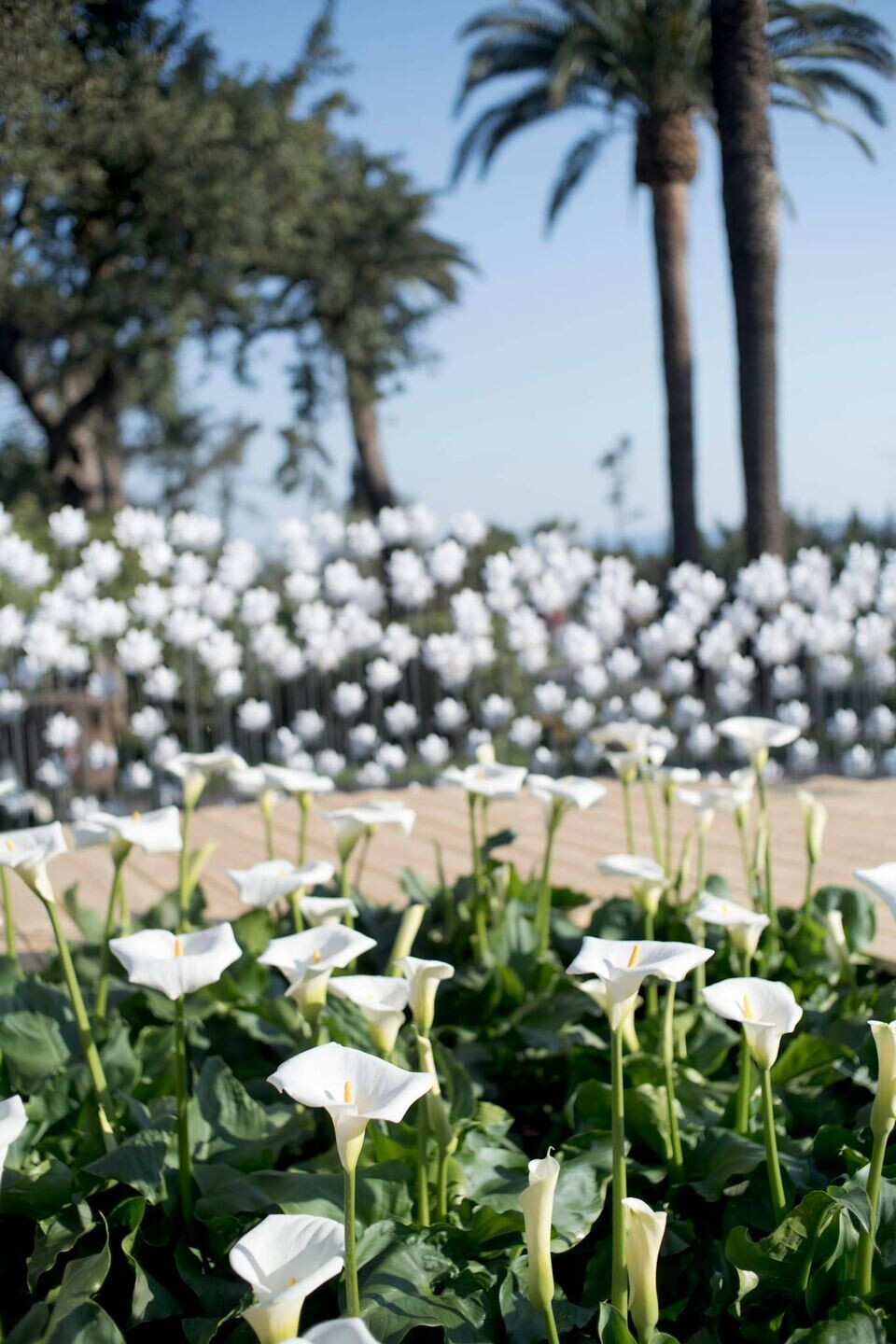
Locus Amoenusis the result of a sequence of design actions. The Field as a starting point for dialogue with the context. The lawn is no longer a surface, but rather a backdrop over which other components develop. On the green backdrop, an orthogonal grid of 20 cm takes over, becoming a regulating instrument. The points of intersection on this grid constitute the nodes on which the stems are extruded, thus defining the Pinwheel Garden. By subtraction, the center of the Garden defines the Patio and, therefore, the human presence in nature. The image of the floral garden is recalled by the modulation of the stems differentiated in height according to the geometry of a specific surface of organic matrix, capable of receiving, collecting, and hiding and unveiling according to the position of the observer.
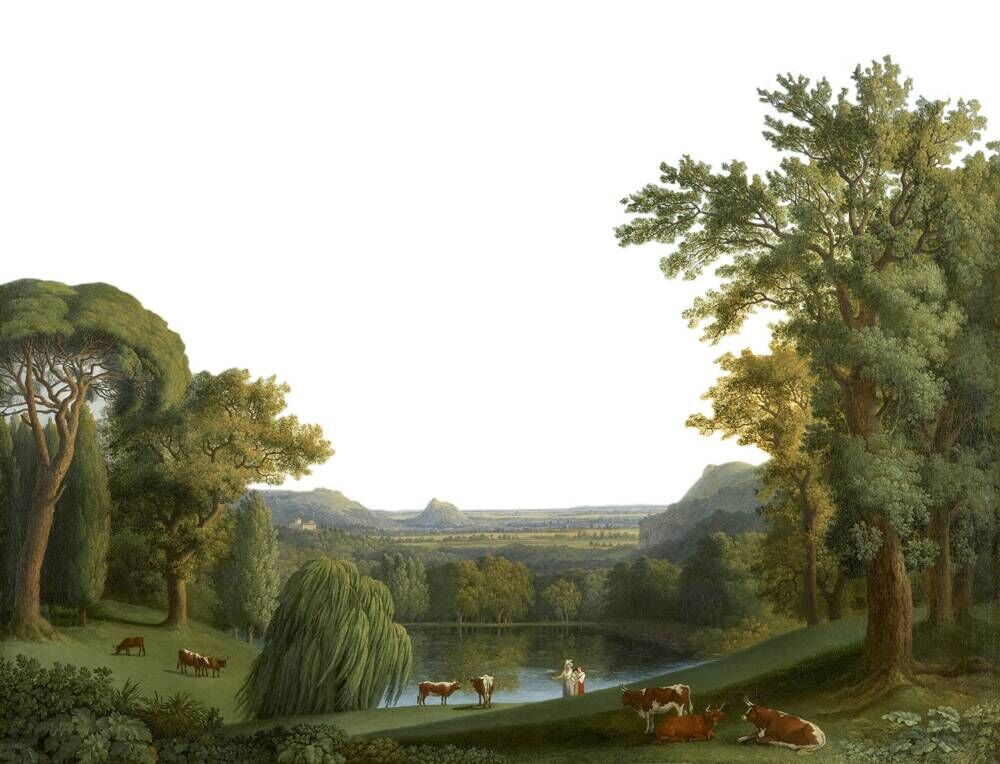
Locus Amoenus is born from the reflection made on the indispensable dialogue and relationship that exists between project and context. In particular, the link with the historical park has been a stimulus for a contemporary re-reading of some components of landscape design. More specifically, our proposal updates and re-contextualizes the topos of the English garden, characterized by the sublime, defined as "artificially natural" nature, with the locus of marvel and bizarre of the baroque garden.

Hence, the intention to mutate, respectively, the lacustrine theme of the romantically inspired reed and the seventeenth-century Bassin, understood as a geometrically defined component that becomes attraction during the erring in the garden. Transversal to the two themes is the presence of water as a central and unifying element, with a nymphaeum of aquatic calla lilies. Two components, therefore, borrowed from the context and from the story that become the founding elements of the compositional process implemented through the interpretative paradigm of meanings.
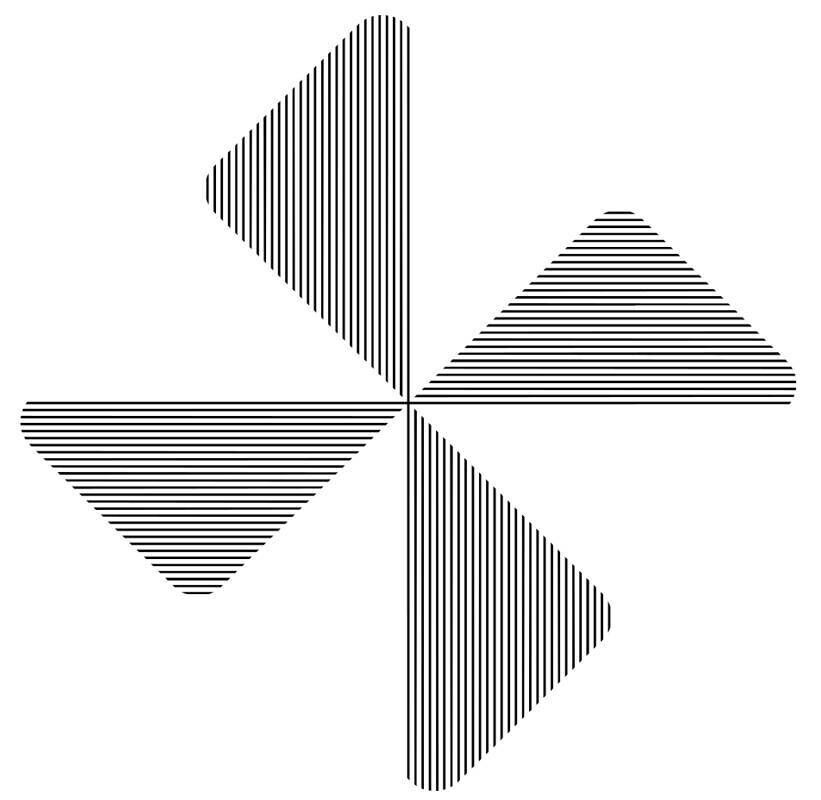
Two components, the frame and specific background of the installation, overlap and join the grassy surface of the parks. Contemporaneity completes the panorama of definition through a path of analogies and correspondences that subject the flower to a process of reinterpretation.
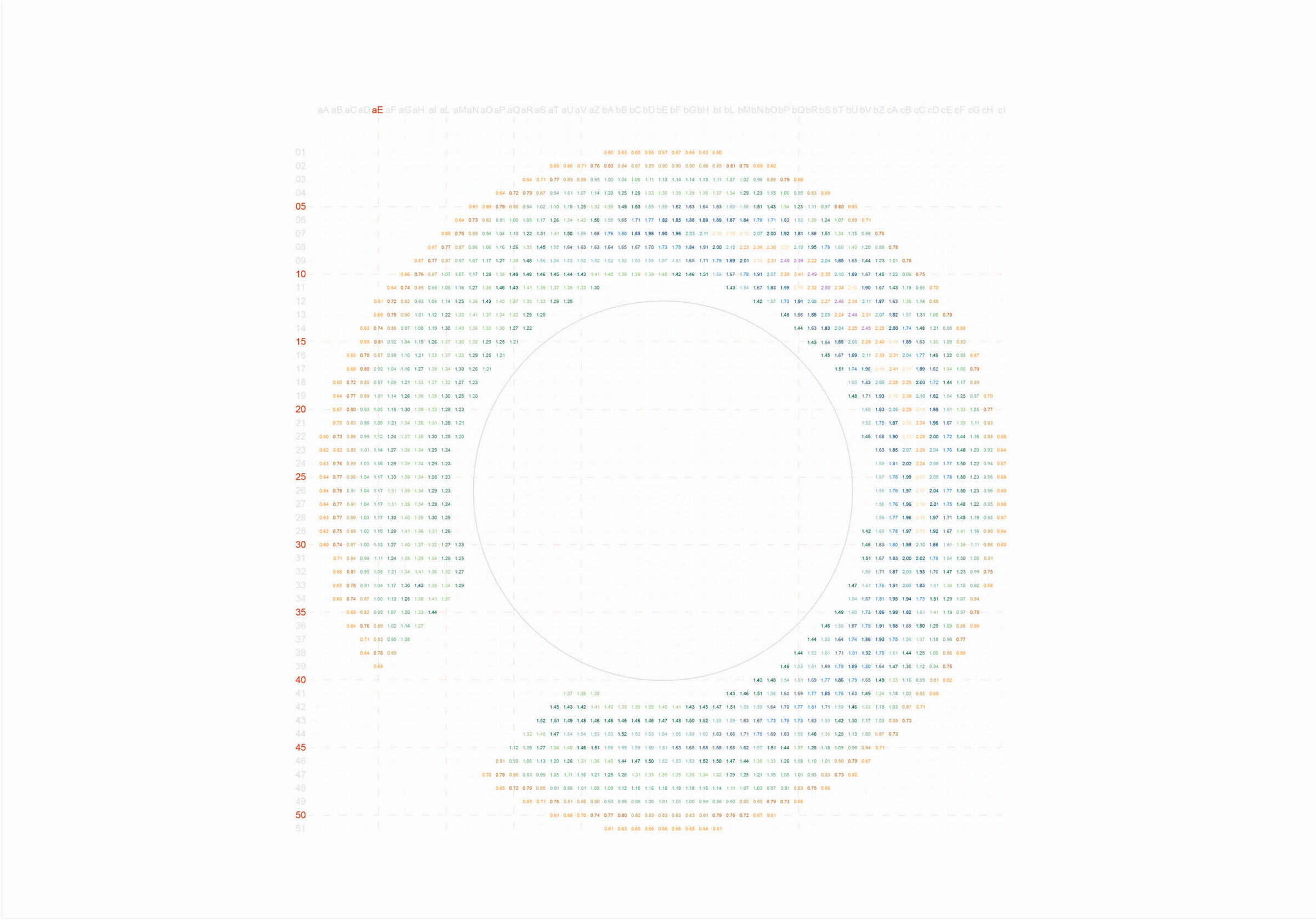
The artificial imitates the natural, yet acquiring dignity and semiotic autonomy: evoking the flower, the pinwheel becomes "contemporary flower", loaded with a playful value in assonance with a pedagogical principle of sensitization to energy-environmental issues. The reference to renewable sources is superimposed on the set of meanings of which the project becomes a vehicle and integrating historical-compositional reflection with today.
